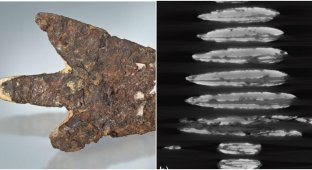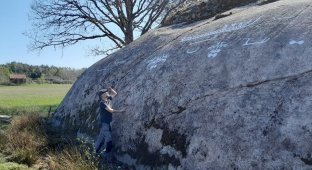More than 1,700 ancient viruses found in a melting Tibetan glacier (5 photos + 1 video)
A team of researchers from Ohio State University has made a sensational discovery: they have found more than 1,700 previously unknown viruses preserved in an ice core extracted from the Gulia Glacier on the Tibetan Plateau. 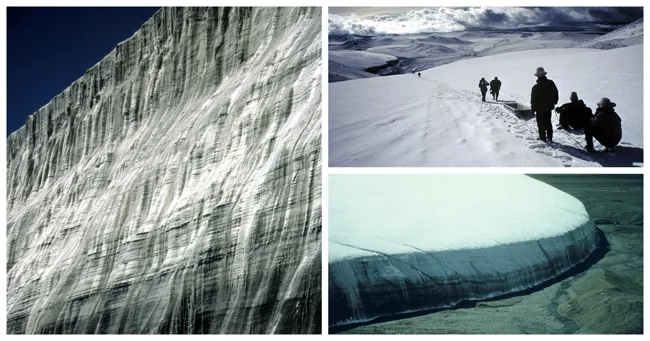
The scientists drilled more than 300 meters into this massive ice sheet and divided the resulting ice core into nine segments, each representing a different time horizon and climate period. The segments ranged in age from 160 to 41,000 years old. 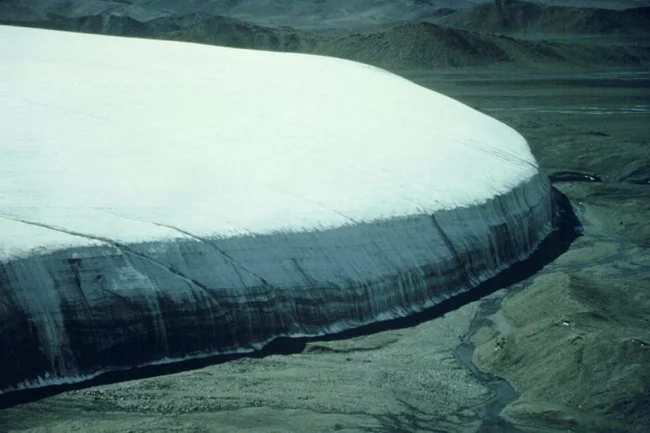
Using metagenomic analysis, the researchers were able to identify each individual viral strain, collecting 50 times more information about viruses than scientists had ever collected from glaciers. They found that the viral communities varied significantly depending on the climate conditions at the time of their "freezing." 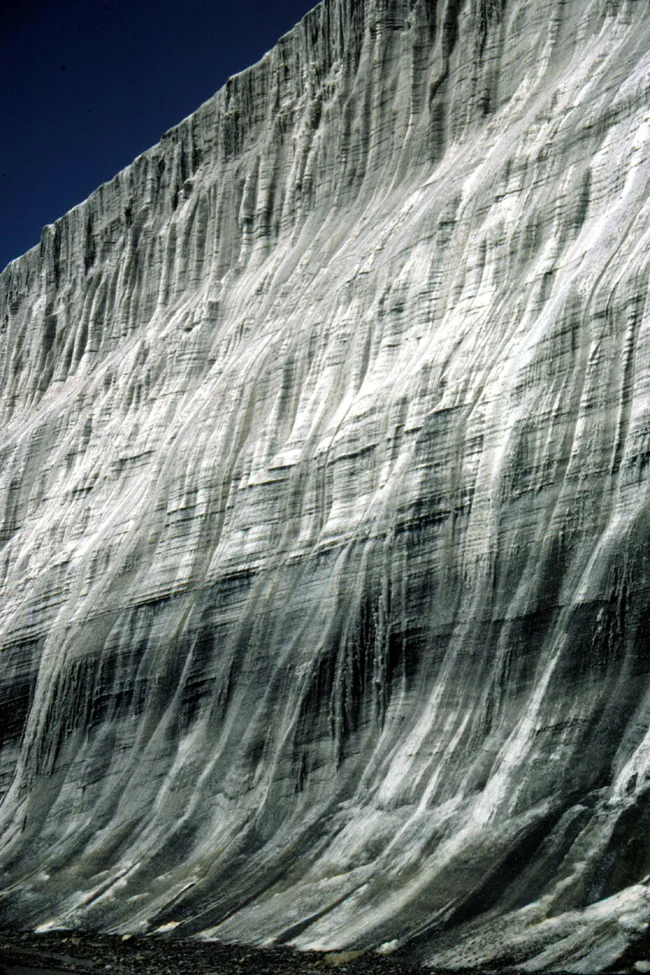
The discovery raises serious concerns that unknown pathogens could emerge as the glaciers melt, capable of causing deadly pandemics. 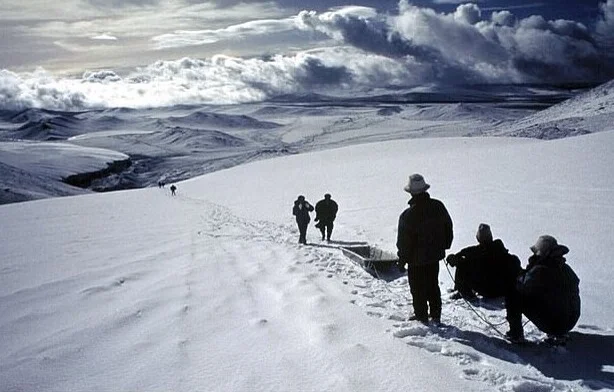
Just a day after the study was published, rapper and actor Chris 'Ludacris' Bridges posted a video of himself drinking meltwater from an Alaskan glacier. The video racked up millions of views on TikTok and Instagram, sparking concerns that he was risking his life by drinking untreated glacial water. However, a glaciologist has said that "he's absolutely fine" and that meltwater from a glacial stream is "the cleanest water you'll ever get."
Despite these assurances, the public's fears are not entirely unfounded. Scientists warn that as glaciers melt and ancient viruses are released, there is a real risk of new deadly pandemics. The 2016 anthrax outbreak, in which spores of the disease were released from permafrost, highlights the threat. 
Fortunately, the researchers say the viruses found in the Himalayas pose no danger to humans, as they can only infect archaea and bacteria. However, studying them will help scientists better understand how microbial communities have changed in response to climate change in the past, and predict how they may change in the future. The results of this study were published in the journal Nature Geosciences.













